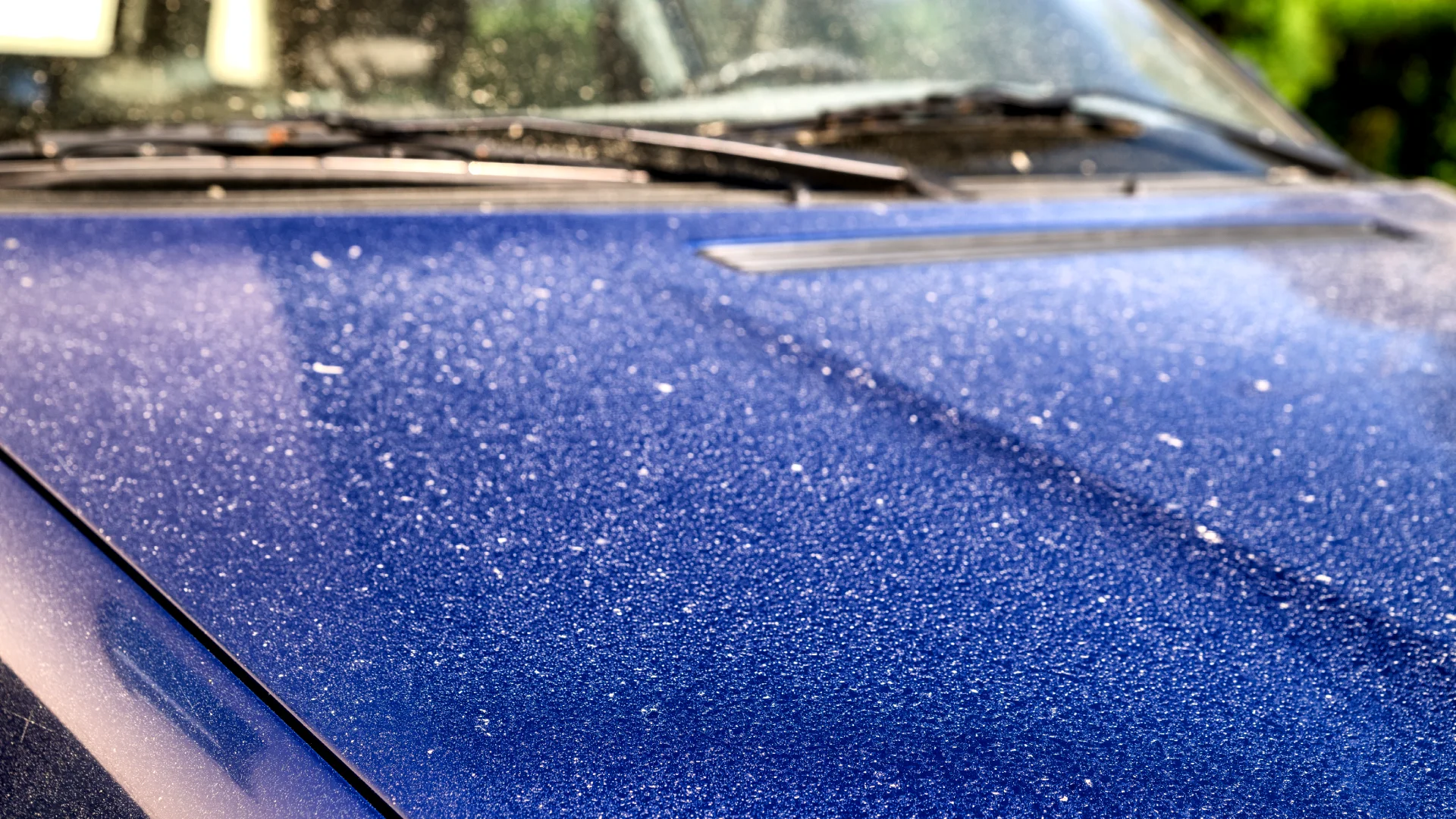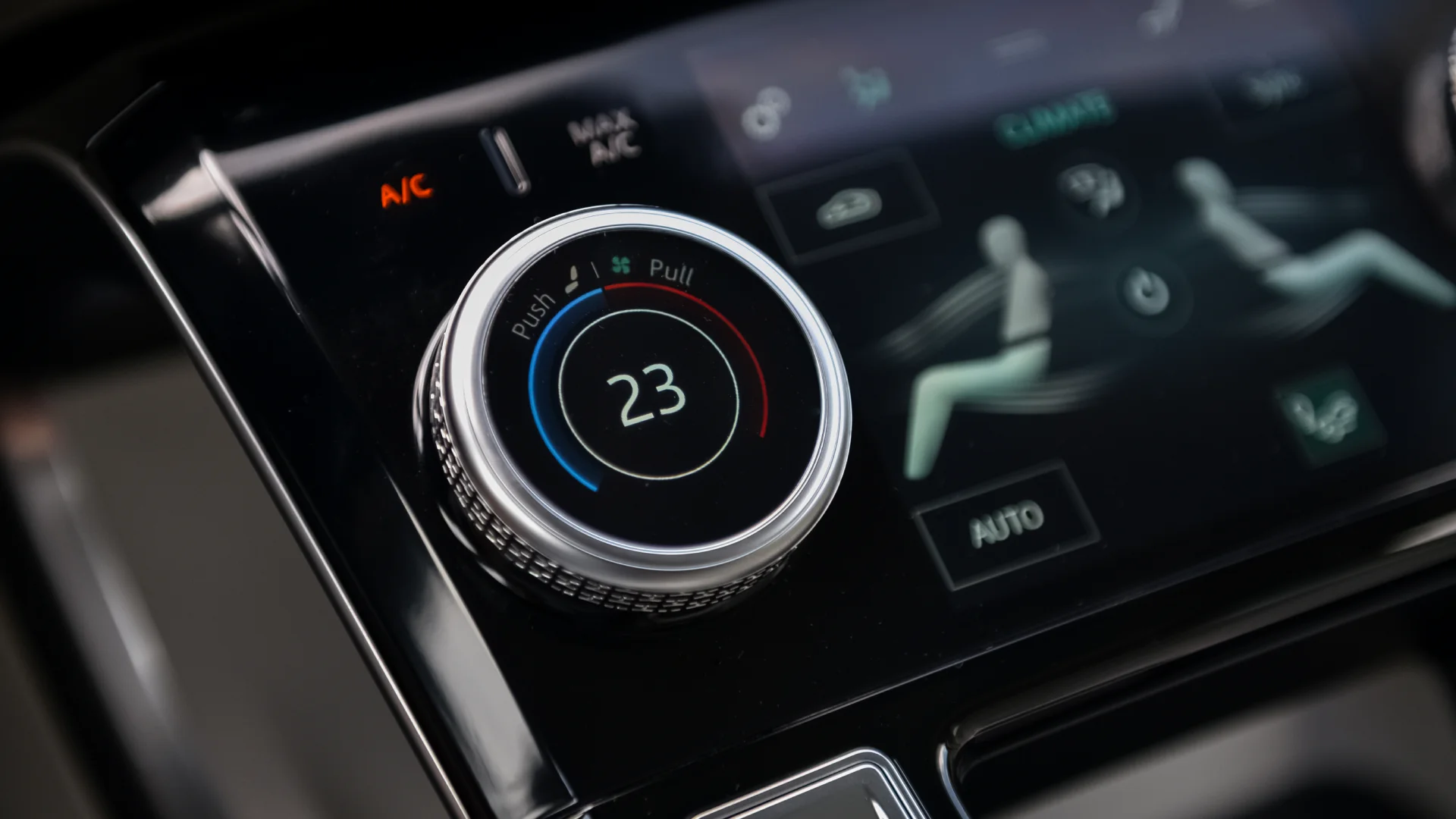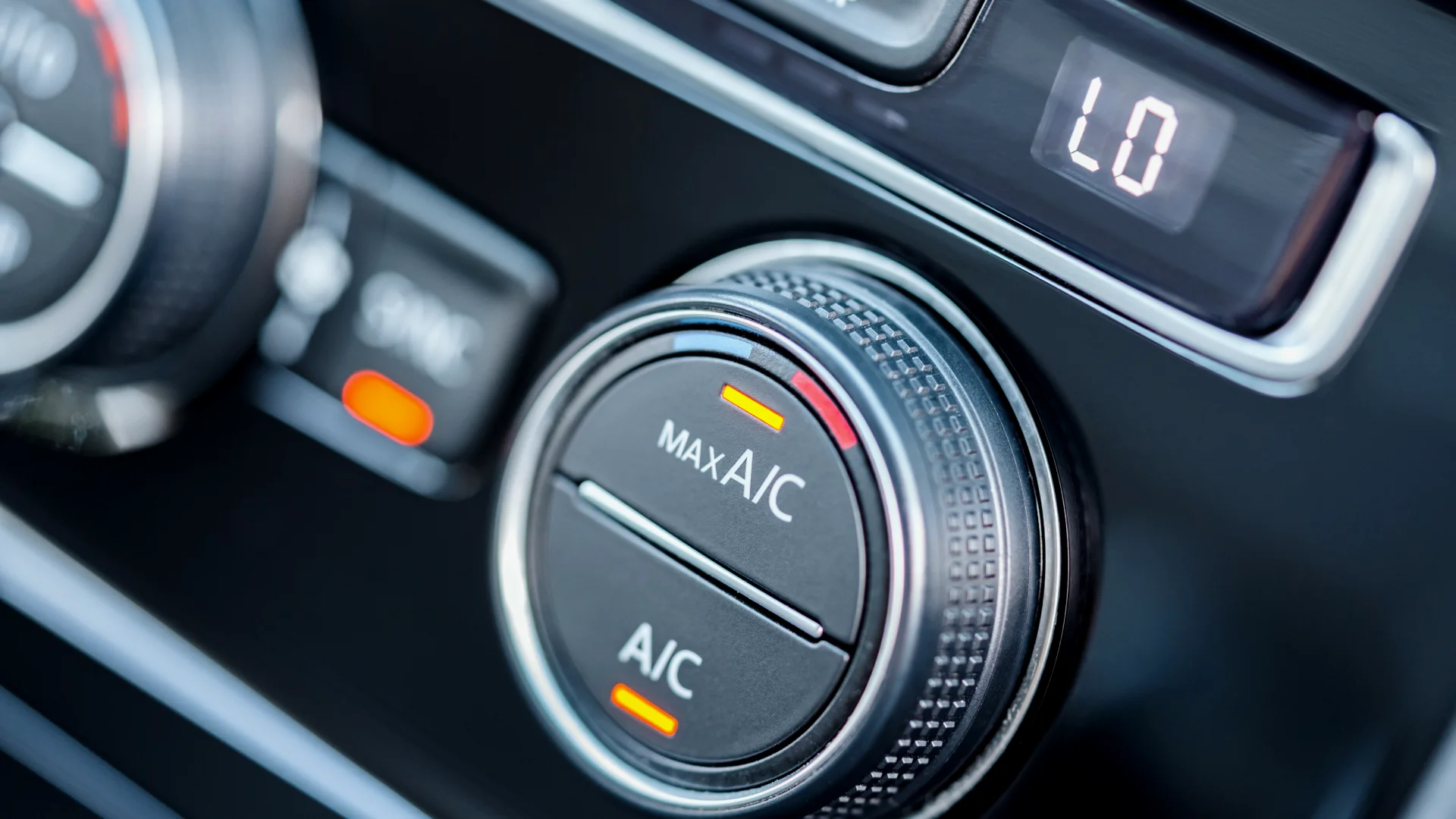Pollen, a fine powder produced by plants during their reproductive cycle, is notorious for causing allergies and respiratory discomfort in many people. While its impact on human health is well-documented, the effect of pollen on car air conditioning systems is an area that often goes unnoticed. This article explores how pollen affects car air conditioning, the problems it can cause, and how to mitigate its effects.
Understanding Pollen and Its Prevalence
Pollen is a natural byproduct of flowering plants, trees, grasses, and weeds. It is carried by the wind, insects, and animals, and its presence in the air increases significantly during certain seasons, especially in spring and early summer. The microscopic size of pollen grains allows them to be easily airborne and pervasive, infiltrating various environments, including the interiors of cars.
The Journey of Pollen into Your Car
When you drive, especially with windows open, pollen can easily enter your vehicle. However, even with windows closed, pollen can still infiltrate your car through the ventilation and air conditioning system. Here’s how it happens:
- Air Intake Vents: Most cars have air intake vents located near the windshield. These vents are the primary entry points for external air to enter the vehicle’s HVAC (Heating, Ventilation, and Air Conditioning) system. Unfortunately, these vents do not discriminate between clean air and air laden with pollen.
- Cabin Air Filter: Modern cars are equipped with cabin air filters designed to trap dust, pollen, and other airborne particles. However, if these filters are not regularly maintained or replaced, their efficiency diminishes, allowing pollen to pass through and circulate inside the car.
- HVAC System: Once inside the HVAC system, pollen can settle in various components, such as the evaporator and the ductwork. The air conditioning system then disperses this pollen throughout the car’s interior, exacerbating the issue.
Impact of Pollen on Car Air Conditioning
Reduced Air Quality
The primary concern with pollen in the air conditioning system is the reduction of air quality inside the vehicle. Pollen particles, when dispersed by the AC system, can lead to allergic reactions and respiratory problems for the occupants. Symptoms such as sneezing, coughing, itchy eyes, and difficulty breathing can make driving uncomfortable and even hazardous.
Clogged Filters and Components
Pollen can cause significant clogging in the cabin air filter. A clogged filter restricts airflow, reducing the efficiency of the air conditioning system. This can result in the AC struggling to cool the car, increased fuel consumption, and added strain on the system’s components.
Accumulation on the Evaporator
The evaporator, a key component of the air conditioning system, can accumulate pollen and other debris. This build-up can lead to several issues:
- Reduced Cooling Efficiency: The layer of pollen acts as an insulating barrier, reducing the evaporator’s ability to cool the air effectively.
- Mould and Mildew Growth: Pollen combined with moisture creates an ideal environment for mould and mildew to grow. This not only affects air quality but also leads to unpleasant odours.
- Corrosion and Damage: Pollen and other particles can cause corrosion over time, damaging the evaporator and other metal components of the HVAC system.
Increased Maintenance Costs
Neglecting the impact of pollen can lead to increased maintenance costs. Frequent filter replacements, cleaning of the HVAC system, and potentially more serious repairs to the evaporator or other components can become necessary.
Mitigating the Effects of Pollen
Regular Maintenance
Routine maintenance is crucial to keep your car’s air conditioning system in optimal condition:
- Replace Cabin Air Filters: Check and replace the cabin air filter as recommended by the vehicle manufacturer, typically every 12,000 to 15,000 miles, or more frequently in high pollen areas.
- Clean the HVAC System: Periodically have the HVAC system inspected and cleaned by a professional to remove any accumulated pollen, dust, and debris.
- Check Air Intake Vents: Ensure that the air intake vents are clear of leaves and other debris that could obstruct airflow and increase pollen intake.
Using Pollen Filters
Consider using high-efficiency particulate air (HEPA) filters, which are more effective at trapping smaller particles, including pollen. These filters can significantly improve the air quality inside the vehicle.
Keeping Windows Closed
During high pollen seasons, keep the windows closed while driving. This simple measure can drastically reduce the amount of pollen entering your vehicle.
Recirculation Mode
Utilise the recirculation mode on your air conditioning system. This mode prevents outside air from entering the vehicle, reducing the influx of pollen and other pollutants.
Parking in Clean Areas
Whenever possible, park your car in a garage or covered area to minimise exposure to airborne pollen. If parking outdoors, avoid areas with dense vegetation or blooming plants.
Conclusion
Pollen, while a natural and unavoidable part of the environment, can have a significant impact on your car’s air conditioning system and the overall air quality inside your vehicle. Understanding how pollen enters and affects the HVAC system is the first step in mitigating its effects. Regular maintenance, using high-quality filters, and adopting simple measures like keeping windows closed can go a long way in ensuring a comfortable and healthy driving experience. By taking these precautions, you can reduce the adverse effects of pollen and keep your car’s air conditioning system running smoothly.







